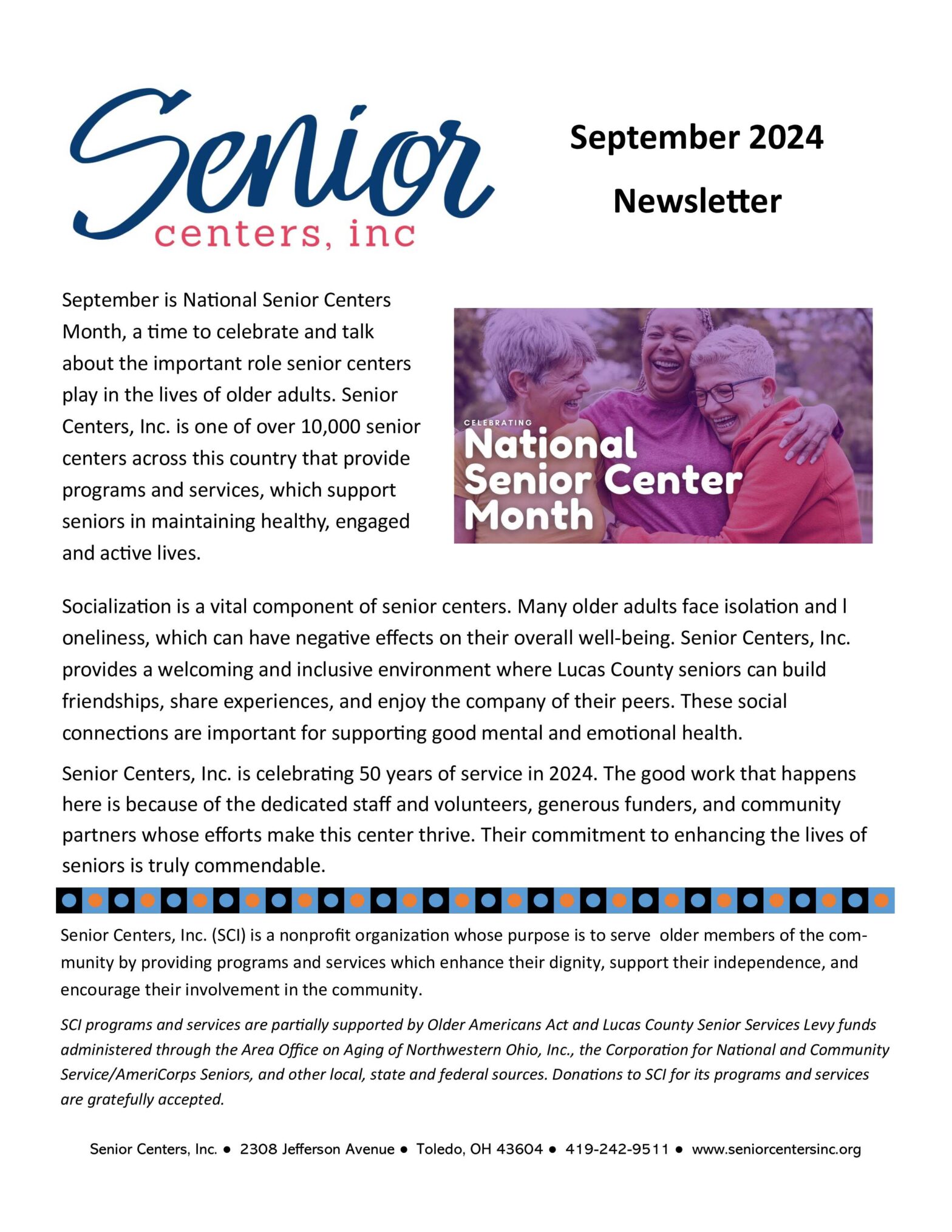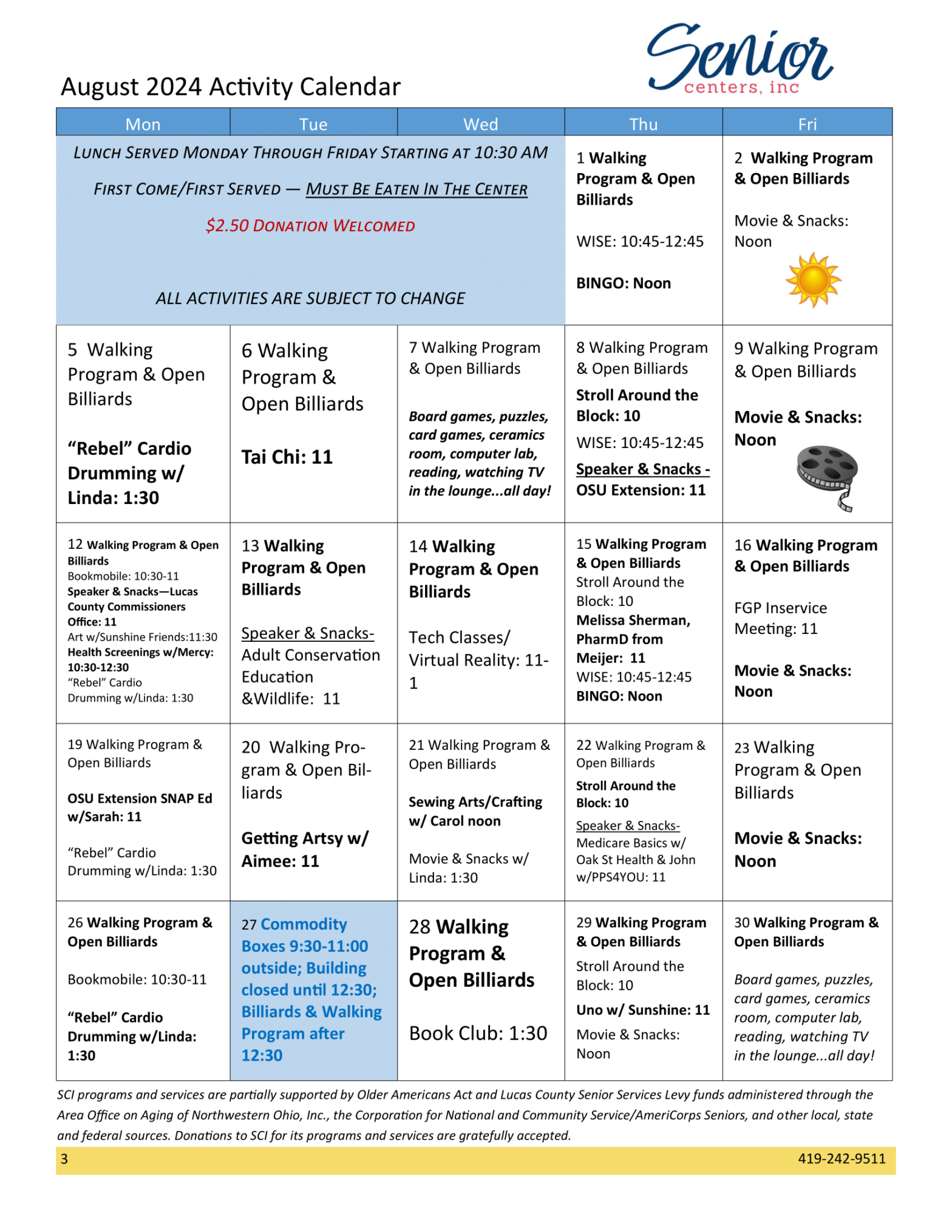article from Aging Gracefully, a newsletter of the Lucas County Board of Developmental Disabilities
Death and grief are a part of life. Some think a person with a developmental disability cannot understand death, so they avoid the topic and try to shield them. The permanency of death may be difficult for some people with developmental disabilities to understand, but the feelings of loss they experience are very real. Death education is often non-existent for them, so their bewilderment at the disappearance of a loved one should be no surprise. As a society, we have social structures, support systems, teachings and rituals that help us understand and recover from significant loss. It is important that all people be able to access the supports given in their culture to understand death and loss. Protecting a person with intellectual disabilities by not sharing the truth about a death usually results in more problems in that grief and mourning will not be properly experienced, leading to more significant future difficulties. Difficulties may arise after a death when a person with a developmental disability starts feeling the impact of grief. Reactions to grief can include: extreme tiredness, increased irritability, a desire to be alone, excessive crying, impatience, anger, difficulty with others, aggressiveness, and repeating questions. Staff and family may misinterpret the reason for the changes in behavior. They may assume the person is being stubborn, lazy, or difficult. They may fail to recognize the connection to the death or loss.
Mark was asked to leave his home of eight years sometime after the deaths of his grandfather from cancer, and his dog in an accident. Despite not being told of the deaths officially, he became, refused to cooperate with ordinary routines, and went missing for hours on end. On the second occasion he was found in a distressed state in a wooded park. His provider asked his parents to take him away. Anne moved to a group home after her mother’s death. She went to great lengths to conceal the small possessions she took from the jackets, purses, and bags of visitors to her group home. Staff knew things would have been hidden in her room and tried to make light of her behavior. It seemed she felt cheated about something, as though she was trying to make up for her own loss. The behavior stopped after some individual counseling. Intellectual disability is a wide spectrum. A person can have mild to severe intellectual disability and some people have multiple disabilities. The more severe the disability, the less likely it is that the individual’s grief will be recognized. Caregivers tend to ignore or misunderstand the effects of such losses. Research has shown that some people with developmental disabilities will have a delayed understanding of the aging process. It seems likely that the irreversibility, universality, and the inevitably of death will all be difficult concepts to understand, despite many years of experience as an adult. The capacity to integrate their experiences and to learn from them will be limited unless sensitive help is available. The following are recommended to assist persons with developmental disabilities in dealing with death and loss:
- Be honest, include, and involve
Many caregivers find themselves quite unable to be honest or to include and involve the person with a developmental disability. The person should be offered the choice of whether to attend the funeral or memorial service. If he or she is unable to choose directly because of cognitive limitations, it is usually advisable to involve the person as fully as possible in all the rituals being arranged.
- Listen – be there Being available to listen and provide support is essential. This must occur immediately after the death, and, perhaps even more importantly, also in the weeks and months following. Understanding the permanence of death comes slowly, thus the person with a developmental disability may experience delayed grief. 3. Actively seek out nonverbal rituals The nonverbal rituals with which most cultures surround death are helpful to many of us. They are particularly helpful to people with developmental disabilities who cannot find solace in the written or spoken word. Counselling picture books may be helpful in explaining what happens when someone dies.
- Respect photos and other mementos In the early stages of bereavement it is quite common to avoid pictures and possessions and places which are associated with the person who died. But as time passes, such mementos may come to be treasured, and this may be an indication that the person is working toward resolving their grief. People with a developmental disability should be helped to choose some mementos, and this choice should be offered again at a later date when some of their emotional pain has subsided. Sometimes people make unexpected choices, but these should be respected. 5. Minimize change It is advisable to minimize changes in routine, changes in accommodation, and changes of caregivers at a time of grief. As a rule of thumb, major changes should be avoided for at least one year. 6. Avoid assessment If a caregiver has died, it may seem sensible to assess an individual in order to “fit” him or her into the best service or support system. However, this can be the worst time to assess someone, since their behavior and skills may have regressed because of the emotional energy being expended on grieving. 7. Assist searching behavior A person who leaves home or is found wandering may be trying to find their lost home and family. By revisiting old haunts and going to the cemetery, caregivers can promote more appropriate searching behavior to support emotional recovery. 8. Support the observance of anniversaries Anniversaries should be formally observed. Many religions have formal services a year after someone has died. This is especially helpful at the time of the anniversary of an important loss. 9. Seek specialists for consultation if behavioral changes persist. Referrals for consultation with bereavement specialists are typically made very late. It is important to make referrals, especially mental health referrals, as soon as any serious grief reactions are noted, such as aggressive behavior, persistent irritability, mutism, loss of skills, inappropriate speech (i.e. asking “Where is dad?” all the time), self-injury, tearfulness, and leaving supervision. People with disabilities have a right to participate fully in the grief and mourning process and in all of society’s support systems and rituals associated with these losses. Bereavement counselling for people with intellectual disabilities should be made available routinely before a maladaptive reaction occurs. Following the above tips can assist in supporting someone through their grief. References / Sources
Snyder Cowan, Diane. Grief and Intellectual and Developmental Disabilities, available at https://www.hospicewr.org/western-reserve-carelink/Pages/Grief-and-Intellectual-and-Developmental-Disabilities.aspx
Hollins, Shelia. Managing Grief Better: People with Intellectual Disabilities, available at http://www.intellectualdisability.info/mental-health/articles/managing-grief-better-people-with-intellectual-disabilities



